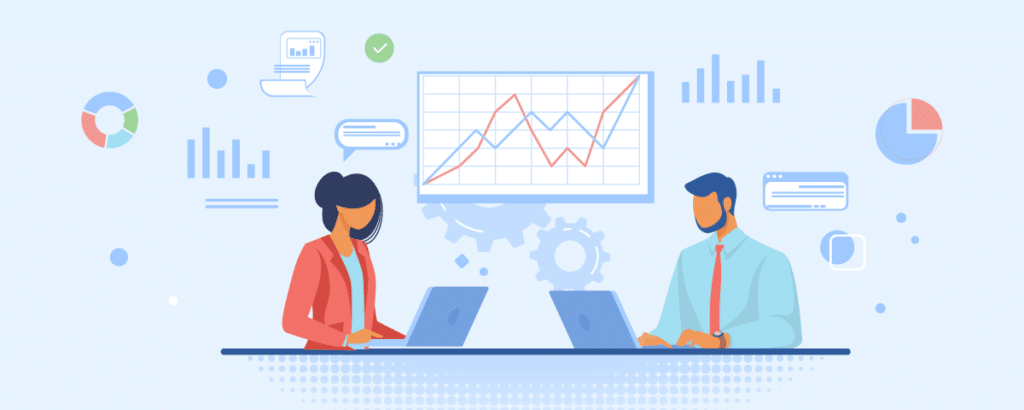

Scottie Todd
June 22, 2024
Share



Healthcare services providers generate huge amounts of data in the course of any given year. Many organizations, though, see this work as a source of financial losses. In a more modern view of the situation, however, all this healthcare data maintenance can be seen as a potential way to decrease losses and to create profit centers. Let's explore some of the ways data monetization can benefit a business in the healthcare industry.
HIPAA is, rightly, the dominant issue when dealing with the legality of any monetization effort, but not as much as one might think. Bear in mind that anonymization, when performed competently, does cover the confidentiality issues related to HIPAA.The more concerning problem is on the ethical side of the equation. In particular, efforts to anonymize data need to focus on ensuring identifying factors, such as addresses, Social Security numbers and even uniquely assigned identifiers aren't traceable to any one patient. This can be surprisingly challenging, as evidenced by work from MIT researchers that found anonymized datasets could be mapped to individuals based on location data and networks.When setting up data sets, you definitely want to discuss these worries in detail with the parties handling them. Other stakeholders, including doctors, patients and your organization's lawyers should be included in the process.One solution worth considering is asking patients to opt in to information sharing. This requires creating a framework that guarantees the confidentiality of the data, and there also needs to be legal language that explains patients' rights in detail. Such documents should always include an opt-in process that requires a patient to clearly indicate their interest and to provide their consent. This is absolutely essential if you're going to be monetizing data by selling to third parties.
Much of the low-hanging fruit in the industry comes from situations where data analysis can provide insights regarding losses. In the simplest form, this comes from streamlining processes, such as:
There's also another level at which healthcare data can be utilized to spur the well being of patients. For example, insurance carriers and hospitals mining patient data have discovered trends among their customers where preventive measures can be taken. By providing those customers with medical devices, preventative screenings and other forms of care, they've reduced costs by avoiding more expensive, radical and reactionary solutions.Healthcare data can also be utilized to establish the efficacy of medical options. Rather than relying on old habits and tried-and-true solutions, professionals can utilize large-scale to develop insights about which drugs produce the best outcomes for the dollar. Data is also employed in researching:
While HIPAA rules limit the amount of specific data that can be sold in relation to patient care, anonymized data is still a strong potential profit center. Researchers, insurance companies, government agencies and marketers are all looking for information that can fuel their own data analysis. This sort of data can benefit groups that are trying to develop:
Packaging data for third parties carries with it several concerns that need to be taken seriously. Foremost, it's important that all patient data be scrubbed of any identifying features. Secondly, large banks of data become targets for hackers, and it's important to secure all your systems. Thirdly, aggregation of anonymous data will likely demand some investment in bringing in qualified data scientists, establishing in-house standards and building out computing resources.There is also the cultural component that comes with all efforts to become more data-centric. Stakeholders need to be brought in on monetization efforts, and it's critical to confirm they are on board with the technical, cultural, legal and ethical requirements of the process. While you don't want to clear out folks who have honest objections, there usually are situations where stakeholders have to be bought out of contracts or given severance packages. Your goal during a monetization push should be to develop a larger organizational commitment to doing it well.A commitment to data and monetization takes time. Resources and talent have to be accumulated, and data often has to be prepped for outside consumption. This means taking into account data consumers' concerns about data lineage, unique identifiers and other information that allows them to do their job well. Being able to present both internal stakeholders and third parties with finished products can make offerings significantly more appealing.Plenty of thought goes into monetizing data from a healthcare organization. In time, though, a portion of your business that seems like it costs you money can end up curtailing losses and generating new sources of revenue.Read more similar content here
Written by
Scottie Todd
June 22, 2024
Share


